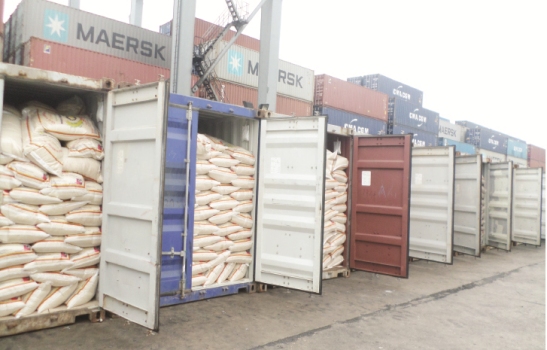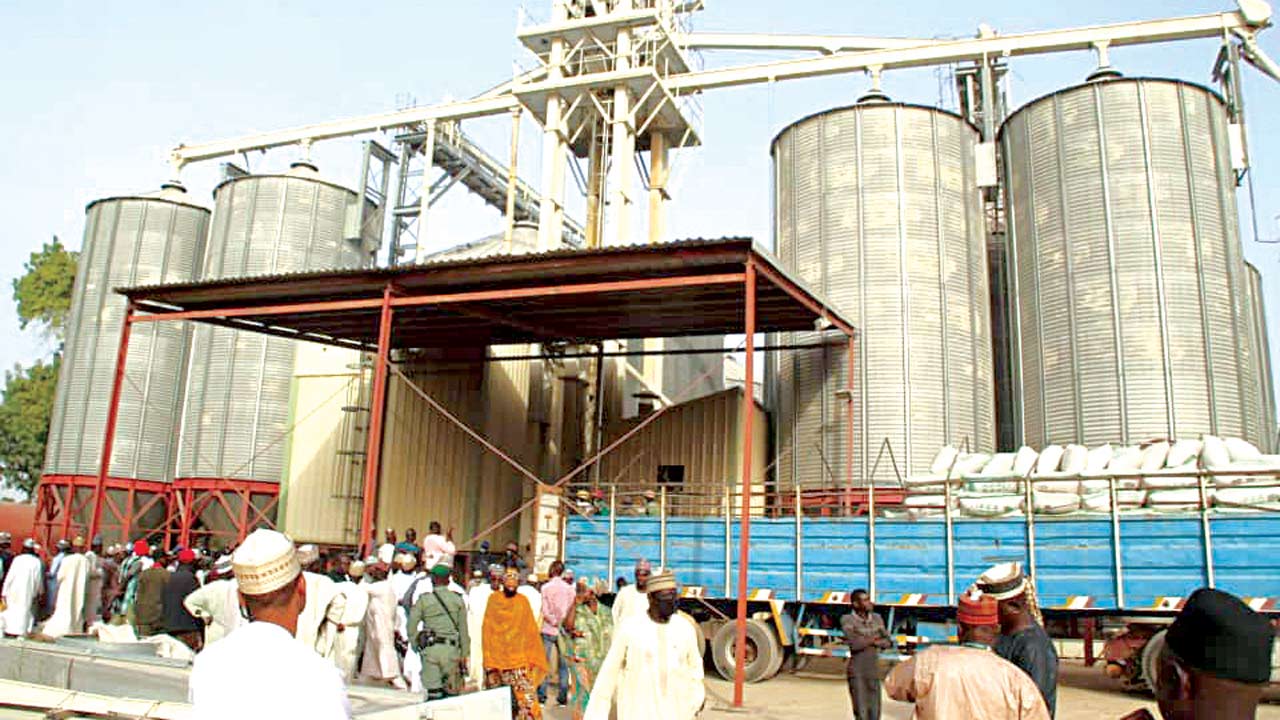Master Energy Group has refuted the misinformation that the company has imported expired rice to the country.
The company in a statement on Tuesday and posted on its Facebook page explained that the company ordered some quantity of rice in 2016 with the value of the consignment duly paid.
It stated that the consignment was inspected and passed by a reputable international inspection agent prior to shipment to Nigeria.
The company further informed that by the time the consignment arrived Tin Can Island Port Lagos, the restriction by the federal government of Nigeria on the importation of certain goods (among which is rice), had taken effect; so they were unable to clear the containers from the Customs.
The statement disclosed that despite various appeals and representations to the Central Bank of Nigeria and Nigerian Customs to grant them a window to clear the consignment, it was eventually seized by the Customs in August 2016.
The company however reassured that it is committed to upholding the highest quality and ethical standards and full adherence to all import regulations noting that at no point did they import, intend to import, or distribute expired rice to the Nigerian market
The statement read in parts, “Our attention has been drawn to a recent social media post which alleged that our company imported expired rice for distribution within the Nigerian market. We categorically deny this claim, which is entirely baseless and is a calculated attempt to damage our reputation by spreading falsehood against us.
“One of our major businesses is the sales of fast-moving consumer goods and top on the bouquet are rice and wine. For the records, our company ordered some quantity of rice in 2016 with the value of the consignment duly paid.
“The consignment was inspected and passed by a reputable international inspection agent prior to shipment to Nigeria. However, by the time the consignment arrived Tin Can Island Port Lagos, the restriction by the federal government of Nigeria on the importation of certain goods (among which is rice), famously referred to as Ban on 41 items, had taken effect; so we were unable to clear the containers from the Customs.
“We made various appeals and representations to the Central Bank of Nigeria and Nigerian Customs to grant us a window to clear the consignment; but our efforts were of no avail. The consignment was eventually seized by the Customs in August 2016.
“In 2019 – more than three years after the consignment has been seized – during a working visit to the Tincan port, the then Customs C.G. discovered the abandoned shipment within the premises, which had since deteriorated due to long exposure to heat in the container and other environmental elements. This was first thought to be a fresh import, but further investigation revealed that the containers have long been at the port and the goods degraded due to over-stay at the port. Our company was absolved of culpability.
“However, even before investigation, merchants of fake news and misinformation have gone out to mis-represent the facts. We release a statement to clarify the position through our legal counsel, Barr. M.O. Ubani, SAN,
“Our company is committed to upholding the highest quality and ethical standards and fully adheres to all import regulations. At no point did we import, intend to import, or distribute expired rice to the Nigerian market.
“We have already demanded immediate retraction of this misleading information from all platforms and a public apology to our company from the purveyors of this bare-faced falsehood aimed at tarnishing our hard-earned brand integrity.
“We sincerely thank our stakeholders and the public for their continued trust and reaffirm our commitment to serving with transparency and integrity”.












